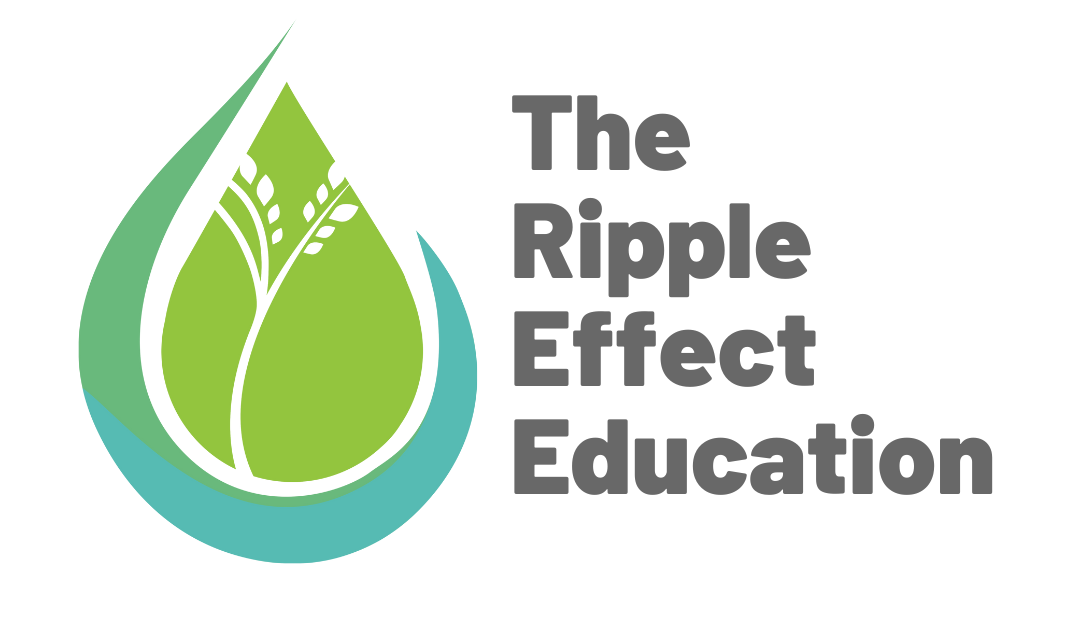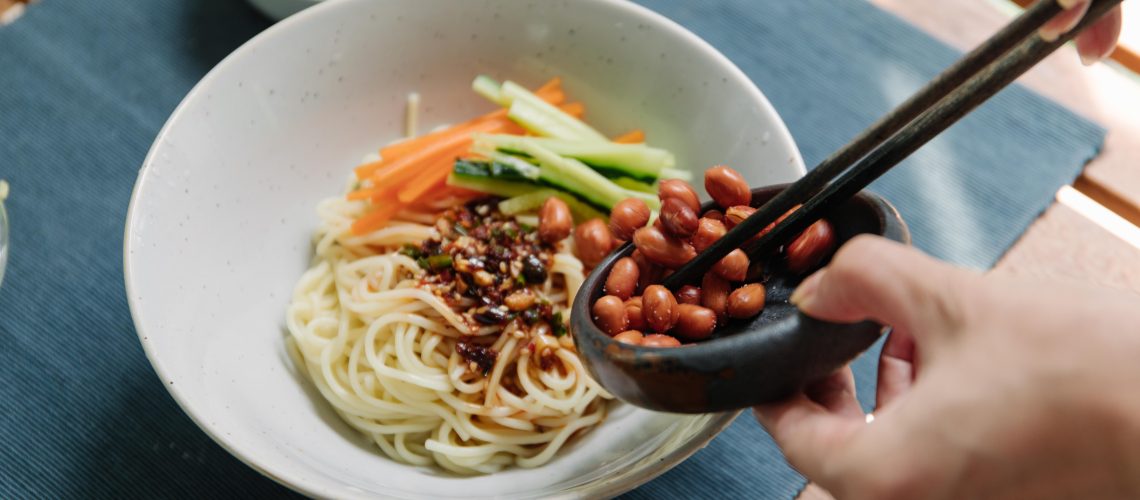Mindfulness is a large part of our TREE curriculum, where students are encouraged to practice various mindfulness techniques to manage their emotions.
In my experience, the toughest part about introducing the concept of mindfulness is the idea that it requires a lot of time or perfect stillness to reap the benefits. On the contrary, mindfulness is a practice that can be integrated into your existing daily routines, and this looks different for everyone.
My favorite way to incorporate mindfulness is through one of the greatest joys in life – food!
Preparing and eating meals is something we all engage in daily anyways, so it provides us with the perfect opportunity to be mindful throughout the process. By putting any distractions aside for the duration of your meal, you can really focus on exactly what you are fueling your body with. Eating with intention increases our awareness of our natural hunger cues that notify us when we feel satiated (Nelson, 2017). In the long-term, this can improve mind-body connection and intuitive eating, which ultimately fosters a healthy relationship with ourselves and food.
Since I started practicing mindful eating, I view meals as an invitation to slow down and focus on the present moment, which helps me feel gratitude for my food and gives my thinking mind a break from whatever I have going on. I try my best to appreciate the many hands that helped get my food from farm to table, and sometimes this gratitude even makes my meal taste better!
Research on the gut-brain connection has been in support of mindful eating as it directly affects the bacteria and hormones vital to our brain health. For example, 90% of our serotonin (the happy chemical) is produced in the gut, so a happy gut really does maintain a happy mind (Stoller-Conrad, 2015). Eating slowly and thoroughly chewing, which helps with digestion, is much easier done when your full awareness is on your food. Because of this intricate gut-brain connection, reduced stress on the digestive system can reduce stress on the brain and vice versa. I can physically and mentally feel this difference when mindfully eating as opposed to eating while distracted.
If mindful eating sounds like something you want to try, here are some tips to get started!
- Intention from the beginning – while shopping for ingredients, choose ones that make you feel good after consuming and that excite you to prepare.
- Engaging your senses while you eat can help you have a more immersive experience. How does your food smell, taste, look, feel, and digest?
- If committing to a meal without distractions feels intimidating, try just a few minutes at a time either at the beginning or end of a meal.
Of course, life is unpredictable and ever-changing, so mindful eating is not always possible for every meal. It is simply a practice that you can incorporate into your routine at your own pace! You can read more details about mindful eating at this page: https://www.helpguide.org/articles/diets/mindful-eating.htm
Bon Appetit!
References
Nelson JB. Mindful Eating: The Art of Presence While You Eat. Diabetes Spectr. 2017 Aug;30(3):171-174. doi: 10.2337/ds17-0015. PMID: 28848310; PMCID: PMC5556586.
Stoller-Conrad, J. (n.d.). Microbes help produce serotonin in gut. California Institute of Technology. Retrieved February 9, 2023, from https://www.caltech.edu/about/news/microbes-help-produce-serotonin-gut-46495#:~:text=Although%20serotonin%20is%20well%20known,%2C%20cardiovascular%20disease%2C%20and%20osteoporosis.
Photo by zhugewala on Pexels.
 Zayna is a second-year student in Environment and Business at the University of Waterloo, with a passion for education as the backbone of solving complex social issues. Zayna is also passionate about climate change education and holistic approaches to conflict resolution. She is a traveler, hiker, chef and artist in her free time, and strongly believes in empowering youth to follow their dreams and seek happiness. She is thrilled to be working with youth to improve our current education and social systems for the betterment of people and the planet!
Zayna is a second-year student in Environment and Business at the University of Waterloo, with a passion for education as the backbone of solving complex social issues. Zayna is also passionate about climate change education and holistic approaches to conflict resolution. She is a traveler, hiker, chef and artist in her free time, and strongly believes in empowering youth to follow their dreams and seek happiness. She is thrilled to be working with youth to improve our current education and social systems for the betterment of people and the planet!


